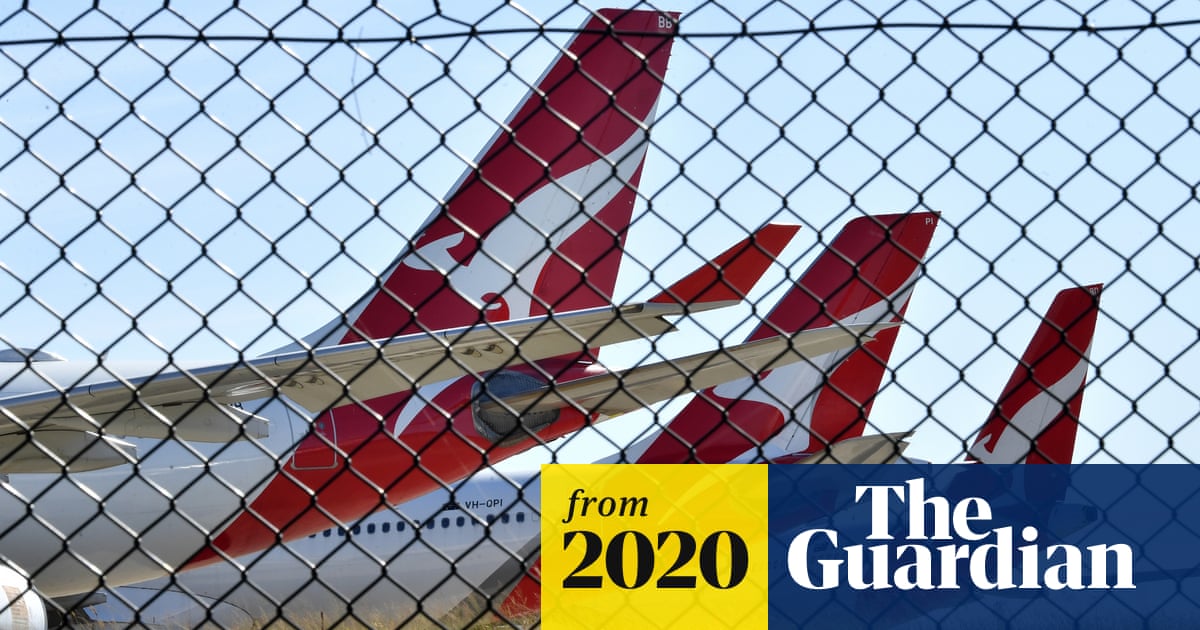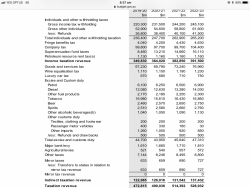lovetravellingoz
Enthusiast
- Joined
- Jul 13, 2006
- Posts
- 12,683
So if there’s been a history of regular PAYG-W for the person as an employee which the ATO would have IN The STP records, then sounds good to go
If there’s no history of regular (Eg fortnightly, monthly) PAYG-W for directors or partners then only one will be eligible.
Yes.
Plus no employee will get the Jobkeeper allocated if they did not meet the employee qualification rules. So you cannot now add Directors or shareholders as employees if they were not already, just as you cannot now add any new employee and get Jobkeeper for them.
Last edited:







